10 Causes of Intestinal Permeability
1. Candidiasis
Candida overgrowth may be a result of a high-sugar diet, imbalanced immune system, stress, or even oral contraceptive use. Candida overgrowth can cause inflammation in the gut wall, leading to leaky gut. Good bacteria found in fermented vegetables and probiotic supplementation can help repair damaged tissue in the digestive tract.
2. Dysbiosis
It is important to rebalance an overgrowth of bad bacteria in the gut known as dysbiosis with good bacteria. This is vital in re-establishing the intestinal barrier and repair of the mucosal lining. Good bacteria and microbes in your gut can help to promote resistance to the colonization of harmful or pathogenic species. Taking a quality probiotic supplement and/or adding fermented foods into the diet is beneficial.
3. Alcohol
Long-term alcohol consumption can result in intestinal mucosal damage, inflammation, dysbiosis and exacerbate leaky gut. During alcohol metabolism a byproduct is produced which increases the formation of harmful pro-inflammatory metabolites which impact tight junction integrity. Limiting or avoiding alcohol is advised.
4. Stress
The gut brain axis is a two directional relationship that allows the brain to communicate with our gastrointestinal system – coordinating our mental and physical wellbeing. It has been well researched that both physical and emotional stress (increased cortisol levels) can induce intestinal permeability. Furthermore, traumatic incidences have been proven to instantly alter the gut microbiota. Regulating our stress response is important in gut health management and repair!
5. Food allergies and food sensitivities
With intestinal permeability there is an influx of foreign particles into the bloodstream which throws the immune system into overdrive. Resulting in the production of various antibodies, which make the body more susceptible to antigens in certain foods – in particular gluten and dairy. It is important to avoid all foods that cause a reaction within the system to reduce inflammation, degradation of the gastrointestinal membrane lining and subsequent intestinal permeability.
6. Poor diet
Avoid refined carbohydrates, margarine and trans fats, cakes, sweets, pre-packaged, prepared and processed food. Avoiding processed meats such as salami, hot dogs, packaged sauces and artificial sweeteners.
Try to include foods high in B-vitamins and minerals such as almonds, beans, whole grains (if no allergy), dark leafy greens (spinach and kale), and sea vegetables.
Eat antioxidant-rich foods, including fruits (blueberries, cherries, and tomatoes) and vegetables (squash and bell peppers).
Consume fresh garlic and turmeric in the diet as they are both anti-microbial and anti-inflammatory.
Eat more lean meats, cold-water fish, fermented tofu (soy, if no allergy), or beans for protein.
Use healthy cooking oils, such as olive oil or coconut oil. Healthy fats from avocado, omega 3 fatty acids from fish such as salmon.
Bone broth is very healing for the gut as it contains collagen and amino acids to help repair damaged cells.
7. Celiac disease
Gluten directly impacts the intestinal integrity through the release of zonulin – a protein that contributes to intestinal permeability. Additionally, gluten contributes to the formation of antibodies – which can cause the secretion of inflammatory mediators which result in tissue damage.
8. Parasites
When parasites are present within the gastrointestinal system, there is a large competition for nutrients and therefore often a nutritional deficiency. Parasitic infections degrade the protective lining of the gut and contribute to the development of GIT disorders and inflammation.
9. Pharmaceutical drugs
Many pharmaceutical drugs impact our gut health (including the birth control pill), however for example; antibiotics result in an impairment of the gut microbiome as well as cause harmful effects on the intestinal epithelial cells and increase risk of antibiotic-resistant microorganisms.
10. Toxins
Our environment is full of toxins – from our air, food and the daily products we use. All of these toxins need to be removed from our system via Phase 1 and 2 detox pathways. If our detoxification pathways are not functioning optimally the build-up of waste causes inflammation and oxidative stress within the body. Further impacting our gastrointestinal system and progression of intestinal permeability.
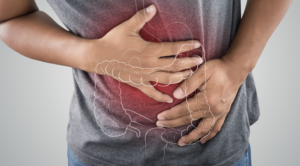

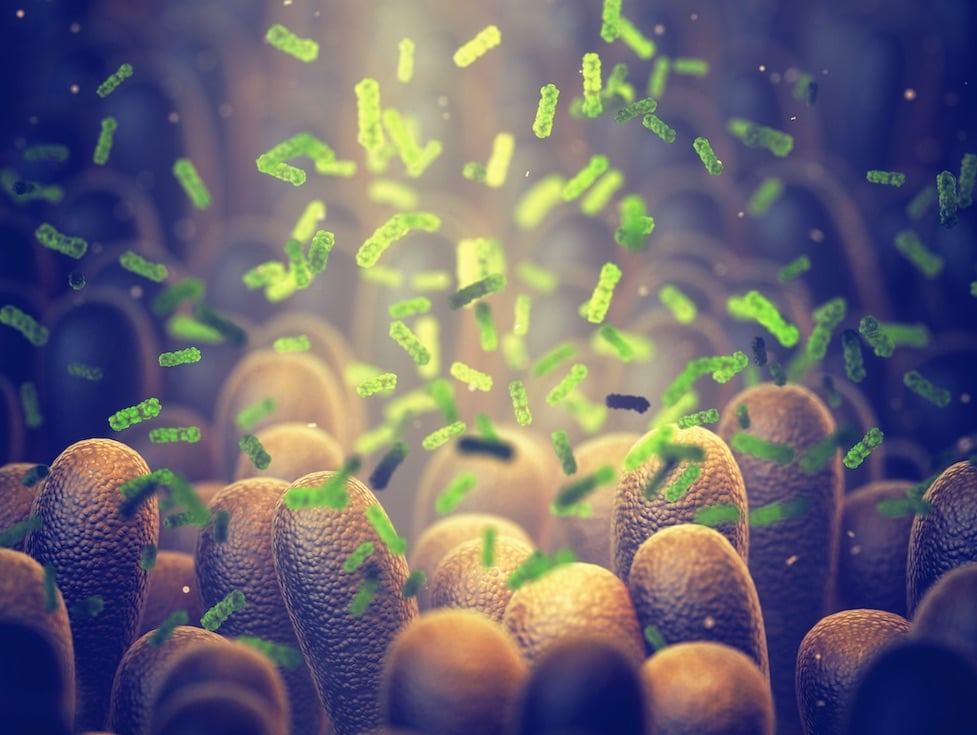
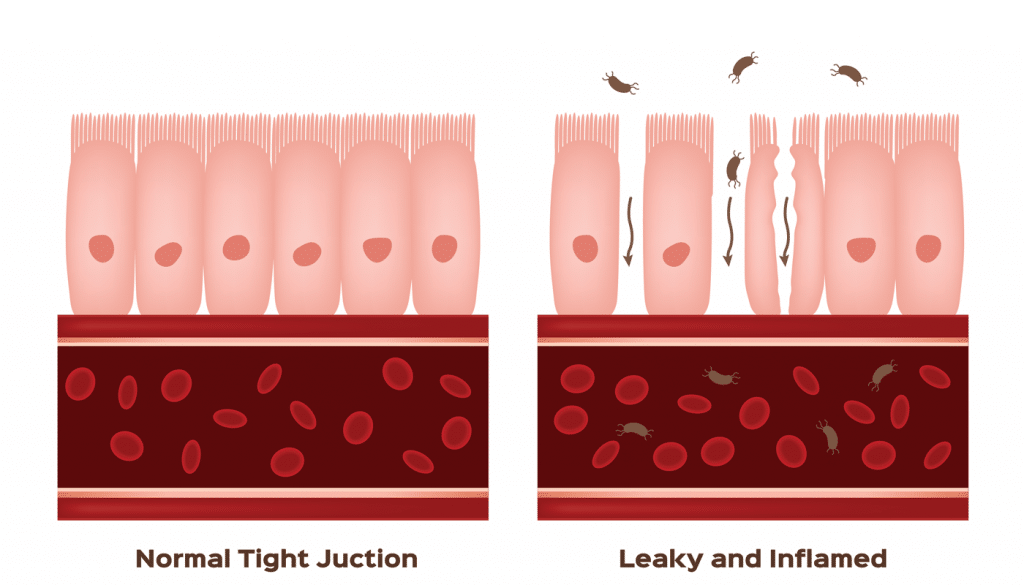
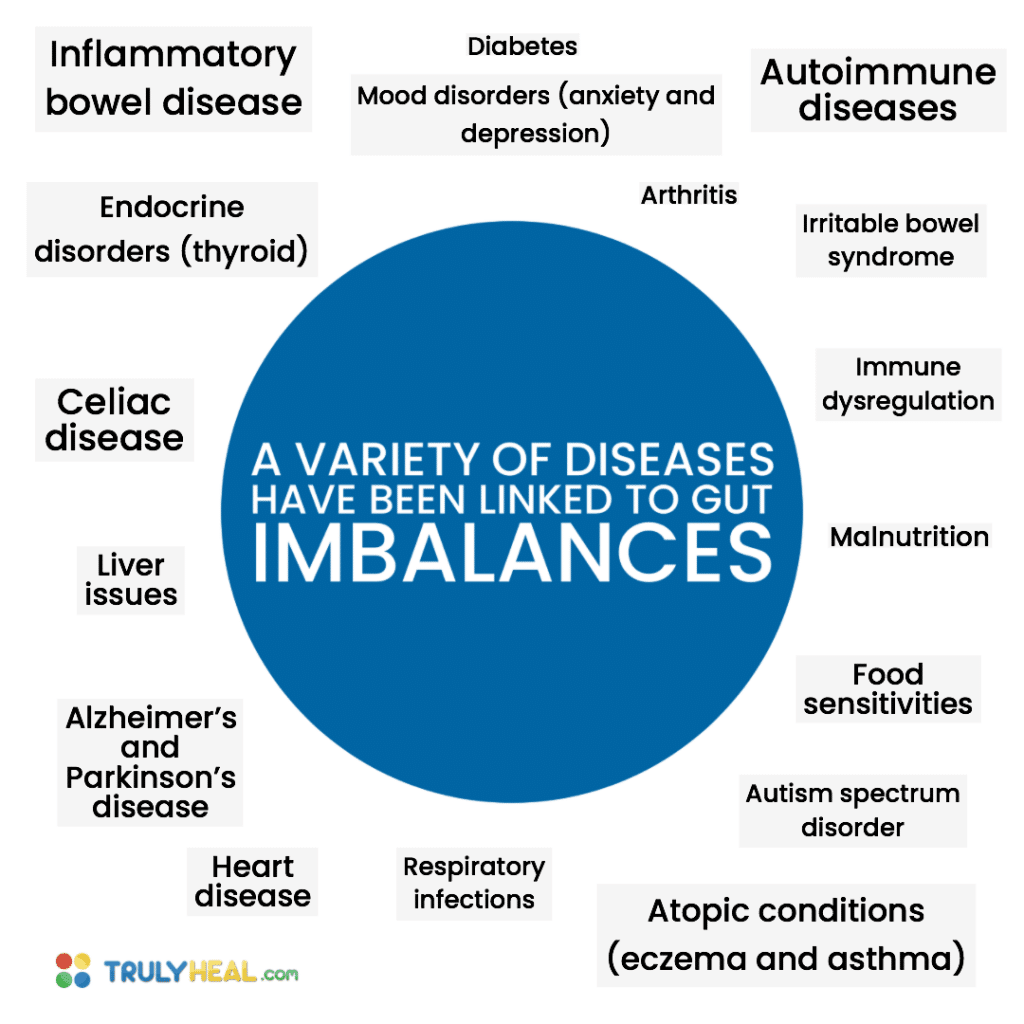
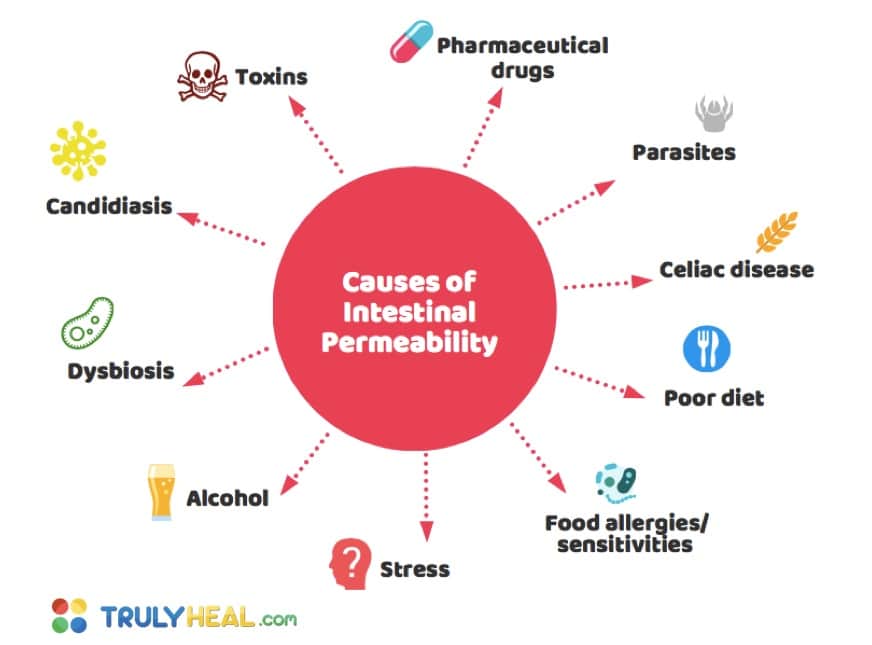

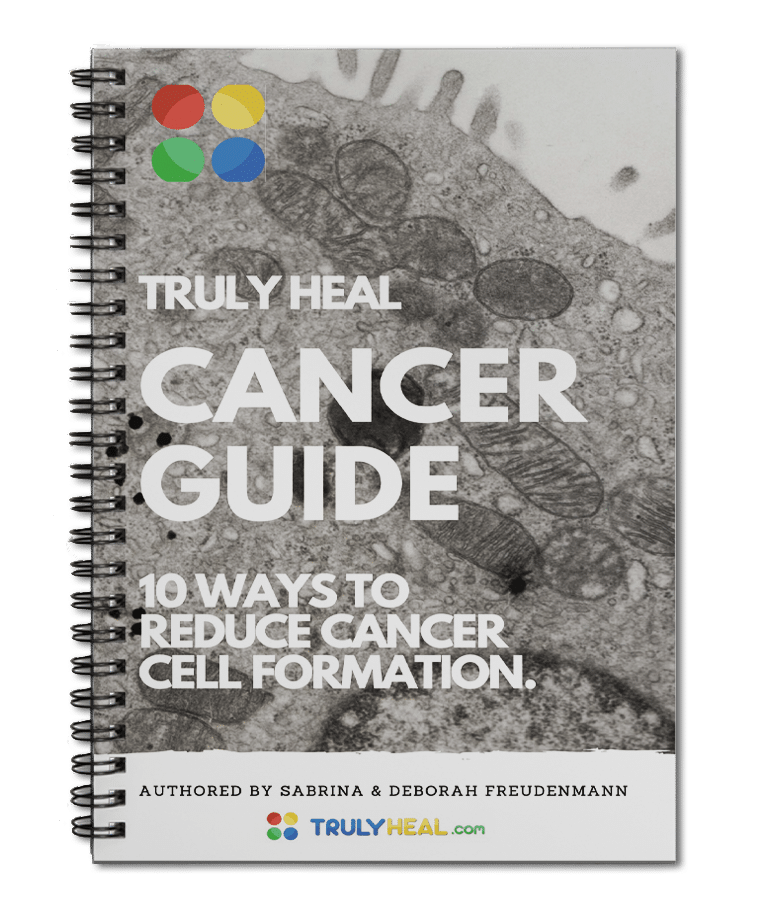
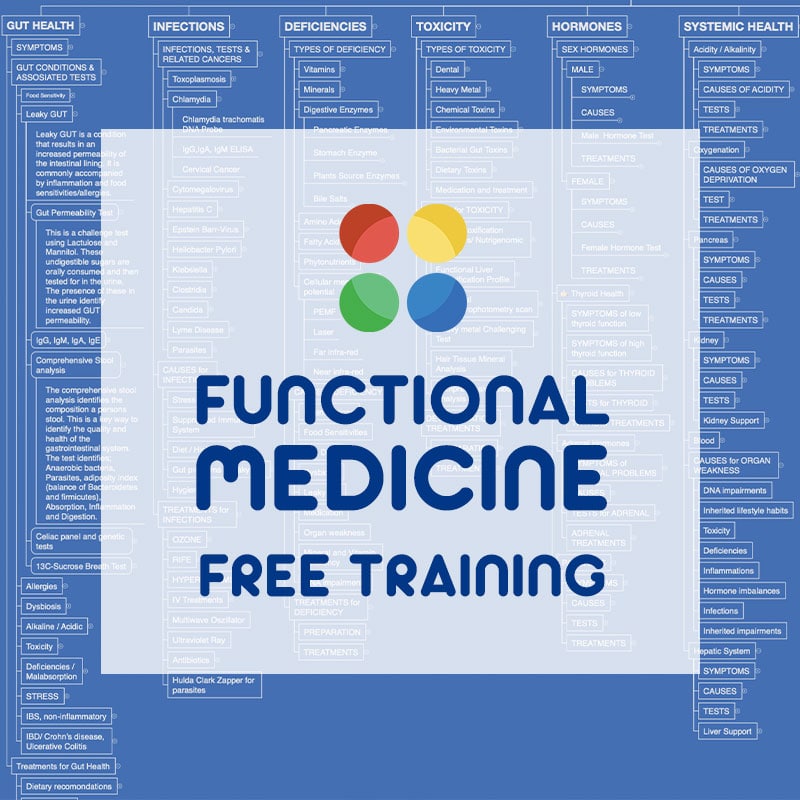
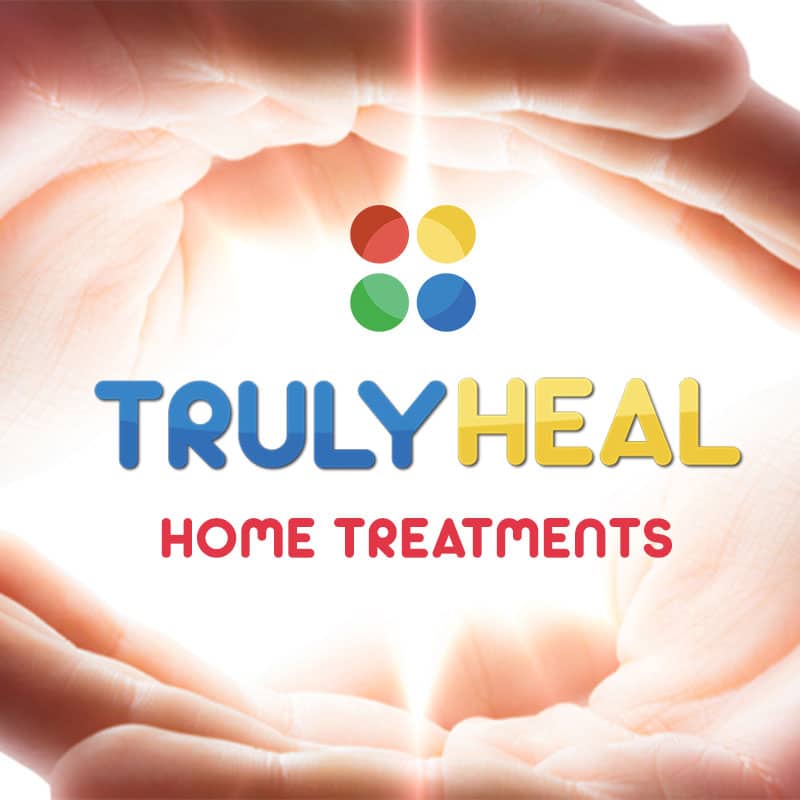

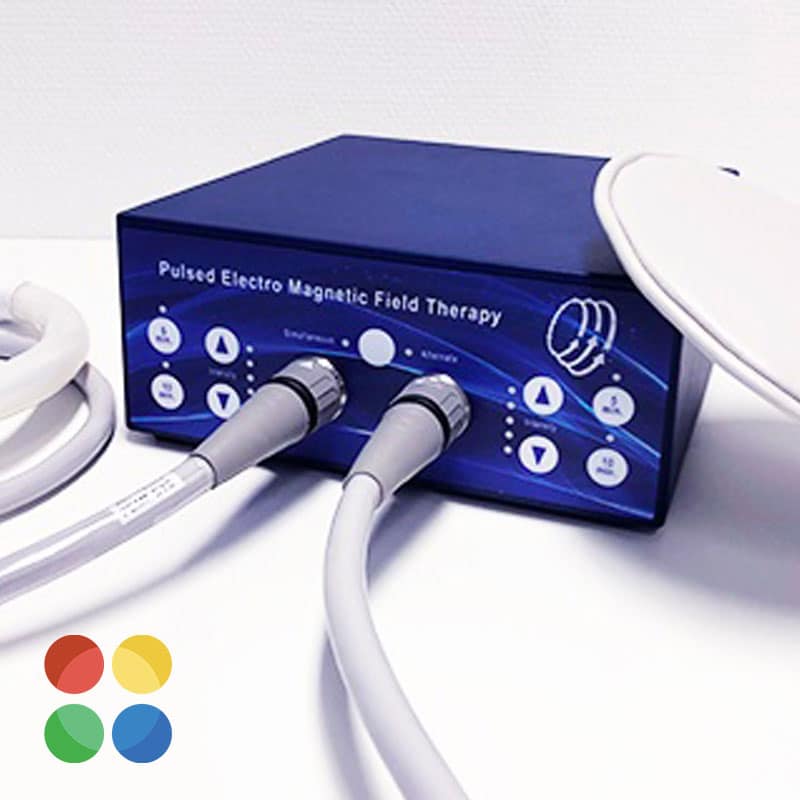

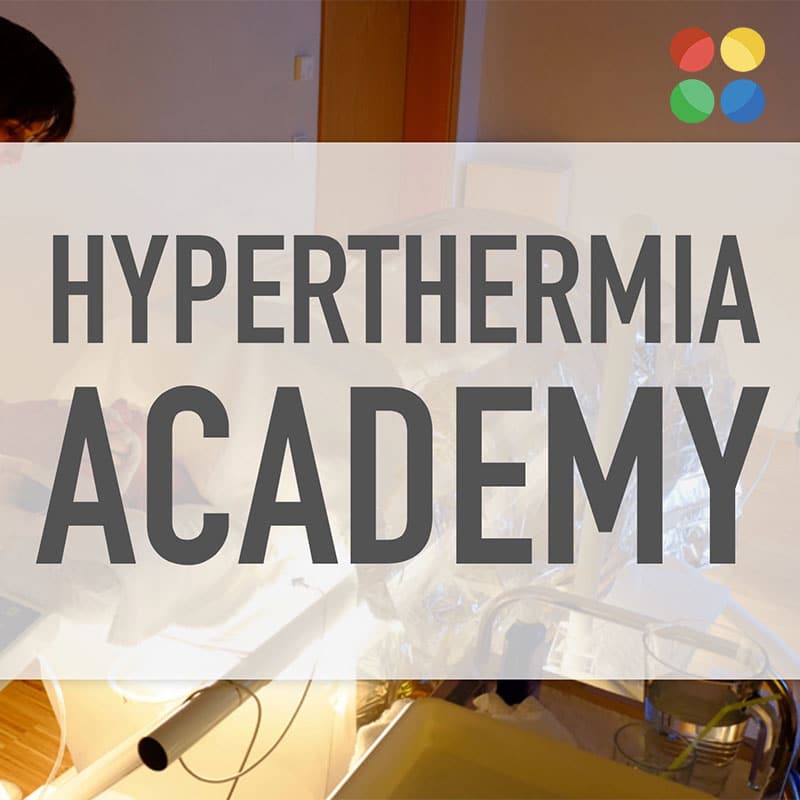


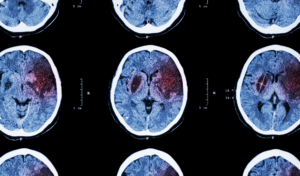
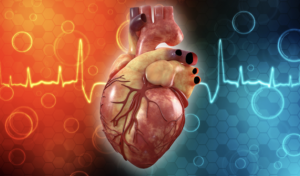
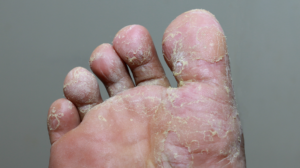

2 Responses
Hello Deborah Freudenmann,
Thank you for such a great video. Very informative. I never had such a clear and synthetized information about leaky gut, autoimune deseases, etc. I´m trying to understand the link between your video and Healing at Home channel. Will we have later a solution to recover the enterocytes from Healing at Home?
Hello Joao, thank you for the comment! It is wonderful to hear that you enjoyed the video and found it informative. With this video there is no specific connection between the Healing at Home channel. However, in terms of recovering the enterocytes yourself this is indeed possible! The buildup of the video was to showcase that leaky gut or intestinal permeability has many causes. Yes, we can supplement with glutamine and N-acetyl glucosamine which improve and repair our intestinal mucosal barrier and tight junction integrity, probiotics to re-establish the micro-biome, curcumin and omega-3 fatty acids to reduce inflammation…just as an example of the most standard approach. However, without establishing and removing the causes for leaky gut – the supplements may help but the issue will continue to progress. I might make another video in future with some more tips on repairing and recovering the enterocytes so stay tuned. Otherwise we offer online consultations and education through our functional medicine health coaching course.